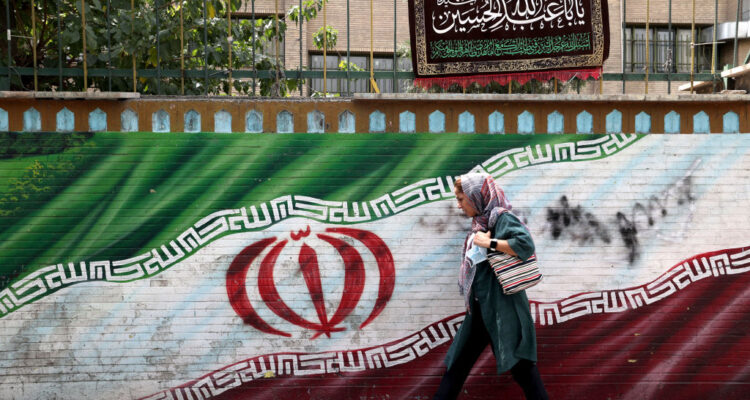The Vienna negotiations to revive the July 2015 Iran nuclear agreement—the Joint Comprehensive Plan of Action, or JCPOA—are once again in danger of fizzling out. Tehran and Washington, along with fellow signatories Britain, France, Germany, Russia and China, have been trying for more than a year to hammer out a deal that could satisfy both sides, but to no avail.
The two parties have at times been on the verge of closing a deal, so what has impeded this process and where is it heading?
Former US president Donald Trump greatly damaged the JCPOA by withdrawing from it in May 2018 and imposing harsh sanctions on Iran. He claimed that the agreement concluded by his predecessor Barack Obama was inadequate and that the Iranian Islamic regime was a regional menace. In the process, he also forged an anti-Iran regional Israel–Arab front.
Trump’s rejection of the JCPOA drew bitter criticism from other signatories, especially London, Paris and Berlin, which viewed the agreement as important to prevent Iran from going down the military nuclear capability path. It also led Tehran to retaliate by installing more advanced centrifuges and accelerating uranium enrichment, which is now up to 60% purity.
President Joe Biden made the JCPOA’s revival an early objective of his administration. Yet, the problem all along has been the lack of trust and goodwill between Tehran and Washington as longstanding adversaries. The two sides have had no formal relations since the advent 43 years ago of the Iranian Islamic regime, which castigated the US for backing the pro-Western monarchy of Mohammad Reza Shah Pahlavi, who was overthrown in the popular revolution of 1978–79. Washington has constantly sought to contain Iran, which was once a pillar of Pax Americana in the region, and Tehran has sought to defend itself against any potential American attack, backed or not backed by Iran’s other regional arch-foe, Israel, and rival, Saudi Arabia.
Read the article by Amin Saikal in The Strategist.

